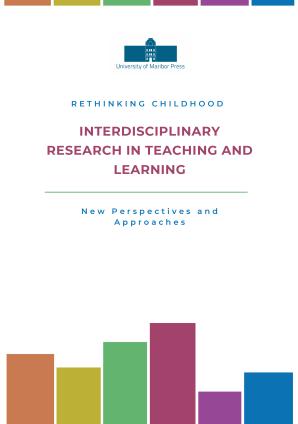Competences for Democratic Culture in Educational System: Experiences from Serbia
Synopsis
The purpose of this paper is to overview new research in Serbia on the topic of education for implementing children’s rights in schools and interdisciplinary competences in teaching for determining the presence of knowledge, implementation and beliefs in the child's possibilities and potentials to the end of improving educational work. The analysis is based on understanding the dimensions of values, attitudes, skills and critical thinking, as competences for democratic culture and their implementation in environments which support participation. The educational system should be this kind of environment. The Council of Europe Referent Framework of Competences for Democratic Culture (RFCDC) is a set of materials about principles and implementation of all 4 dimensions in educational institutions, through the real-life situations which enable some or all dimensions’ implementation. The imperative is grounded theory knowledge of rights in general and child’s rights too. Authors conclude that relation of non-equal power is dominant in educational work, which implicitly means that there is a lack of knowledge of aim and significance of some child’s rights, possibly the Convention itself.
Downloads
Pages
Published
Categories
License

This work is licensed under a Creative Commons Attribution-NonCommercial-ShareAlike 4.0 International License.






